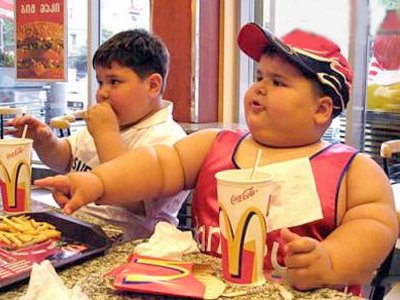The Growing Problem No One Wants To Talk About
When you walk down the street or go into any public place, it’s not unusual to see someone overweight. Often that person has to deal with not only the physical health challenges that come along with obesity, but also the social stigma and the emotional trauma that often occur.
 And when that person is a child, the stakes go up, and the potential consequences are even greater. Over the last twenty years, the rate of childhood obesity has risen from 14% to 20%, and it’s still going up. The risks of health problems are well documented, but the social and emotional toll can be even higher.
And when that person is a child, the stakes go up, and the potential consequences are even greater. Over the last twenty years, the rate of childhood obesity has risen from 14% to 20%, and it’s still going up. The risks of health problems are well documented, but the social and emotional toll can be even higher.
Kindness and understanding are imperative – on top of the shaming and bullying they may face daily at school and with friends, they don’t need pressure from you on top of that. Yet, generating constructive conversation is one of the only things you can do to help.
Avoid the word “diet” as it sounds temporary, and ominous, too. Rather, talk about eating healthier, choosing tasty nutritious foods rather than convenience foods like sugary or salty snacks and sweetened beverages. And don’t warn them about future health problems – it’s too far down the road and too unreal for them to comprehend. Guilt, blame and negativity only make things worse.
Instead, build an optimistic environment where healthier decisions arise organically from improved self-esteem, better information about health and positive reinforcement from family and peers.
When you see someone overweight, especially a child, be compassionate – you’re more likely to inspire them to change with a pleasant word than a scornful expression. And if it’s you who needs to look at this, get support from those who care about you – you’ll be surprised how good it feels to work together to get healthier. Move toward better eating habits and lifestyle decisions, and the net effect is getting to your best target weight, naturally.

